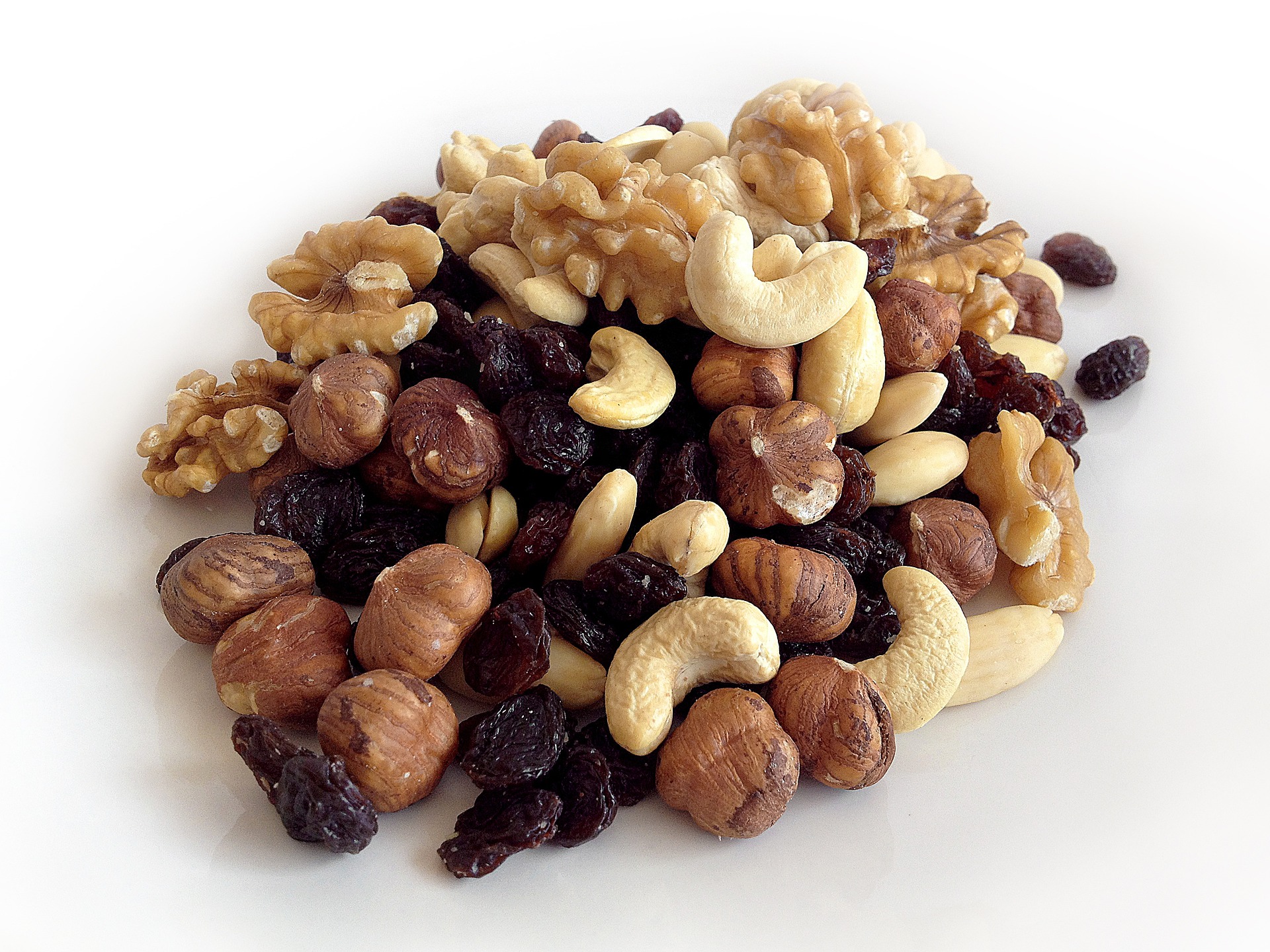The Importance of Magnesium: Why It’s Essential for Your Health
Magnesium is an essential mineral that plays a crucial role in the functioning of your body. It’s involved in over 300 enzymatic reactions and is necessary for the production of ATP (adenosine triphosphate), the energy currency of your cells. Here are some of the ways that magnesium is important for your health:
Supports Heart Health – Magnesium helps to regulate heart function and can help to reduce the risk of heart disease.
Supports Bone Health – Magnesium is important for the development and maintenance of strong bones.
Reduces Inflammation – Magnesium has anti-inflammatory properties and can help to reduce inflammation throughout your body.
Helps to Regulate Blood Sugar – Magnesium is involved in the regulation of insulin, which helps to control blood sugar levels.
Reduces Anxiety and Stress – Magnesium can help to reduce symptoms of anxiety and stress by promoting relaxation and calmness.
Improves Sleep – Magnesium can help to improve sleep quality by promoting relaxation and reducing symptoms of insomnia.
It’s important to get enough magnesium in your diet to support your overall health.
How to Get Enough Magnesium: Dietary Sources
There are many dietary sources of magnesium that you can include in your diet. Here are some of the best sources of magnesium:
Leafy Green Vegetables – Spinach, kale, and other leafy green vegetables are rich in magnesium.
Nuts and Seeds – Almonds, cashews, pumpkin seeds, and sunflower seeds are all good sources of magnesium.
Legumes – Beans, lentils, and chickpeas are all good sources of magnesium.
Whole Grains – Whole grains like brown rice, quinoa, and whole wheat bread are good sources of magnesium.
Dark Chocolate – Dark chocolate is a good source of magnesium and can be a healthy treat.
Supplements – Magnesium supplements are also available and can be used to increase your magnesium intake.
It’s important to note that some foods can decrease magnesium absorption, such as foods high in phytic acid, like whole grains and legumes, and foods high in calcium, like dairy products. If you’re concerned about your magnesium intake, talk to your doctor or a registered dietitian.
Magnesium Deficiency: Signs and Symptoms
Magnesium deficiency is common, with up to 50% of the population not getting enough magnesium in their diets. Magnesium deficiency can cause a variety of symptoms, including:
Muscle Weakness – Magnesium is important for muscle function, and a deficiency can cause weakness and fatigue.
Irregular Heartbeat – Magnesium is involved in regulating heart function, and a deficiency can cause an irregular heartbeat.
Headaches and Migraines – Magnesium deficiency can cause headaches and migraines.
Insomnia – Magnesium deficiency can interfere with sleep quality and contribute to insomnia.
Anxiety and Depression – Magnesium deficiency can contribute to symptoms of anxiety and depression.
If you’re experiencing any of these symptoms, talk to your doctor or a registered dietitian about your magnesium intake. They may recommend dietary changes or a magnesium supplement to help address your deficiency.


